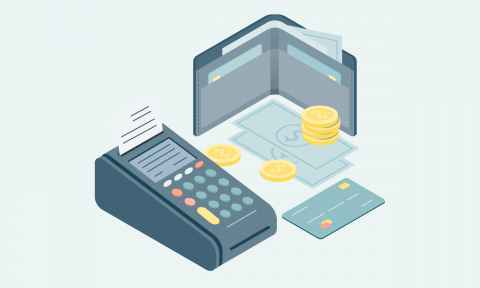Buying and selling goods or services on credit seems to be widely accepted today. Temptations are omnipresent. Credit cards are used more and more. Online you increasingly get the option to pay afterwards.
Offline shops follow the web shops by making large purchases ‘more financially bearable’ by splitting the purchase amount into partial payments. Payment plans are also increasingly common. Installment plans and deferments seem to give people financial breathing space. But is it all just peaches and cream? Are there only advantages associated with payment by instalments or are there also disadvantages?
A solution for financial stress?
Installment plans can offer many benefits. You can create more financial space, so that you do not have to struggle to the end of the month when you are short of cash. In addition, a written agreement al so ensures less money stress and a more positive financial perspective. When you have the payment automated through your bank, you don’t even have to worry about making the payment on time. After all, you avoid high legal costs that would otherwise be charged to you because you could not make the full payment.
Partial payments, installment plans, etc. seem like a good solution to financial stress. But there’s got to be a catch… Ultimately, you pay more than the original invoice amount due to the interest that is charged. In addition, there is a chance that you will rush and buy more than you can afford financially. Many small partial payments form one large monthly payment. Moreover, such systems give a false sense of wealth. For large purchases such as a house or a car, people usually rely on an installment plan, but in practice we see that this trend is also rapidly gaining popularity for smaller purchases.
Feeling of obligations among ‘creditors’?
As a supplier of goods and services, you may also feel compelled to go along with these changes. Know that you can never be obliged to do this! However, it can be seen as boosting your reputation, generating more potential customers, etc. If a provider of the same goods does it, it can of course also cost you customers. But the resources of a small self-employed person are not the same as those of a large chain. You have to wait for payment, but your running costs must also be paid monthly. In addition, it also provides more time and energy to follow up on this.
A customized payment solution can be key. By entering into a conversation, a solution can be found that works for both parties. Is there a temporary problem? Then postponement of payment might help. Is it a structural problem? A payment plan may be a solution.
Installment plans, they are neither good nor bad. It is especially important to look at the concrete situation and the associated problems. In this way, a tailor-made approach can be provided. Modero also uses this approach. Not a ‘one size fits all’, but a solution that benefits all involved. With our Solid score we can already identify a large part of the debtor’s financial capacity – which of course does not mean that unforeseen circumstances or an acute financial problem can arise. Quick and personal contact with the debtor allows us to react quickly and find a solution in the amicable phase. The outstanding claims are paid and the costs are kept as low as possible. Is the debtor still unable to pay? Then we guide him to suitable debt counseling.
Can we help you? Contact us via info@modero.be or 03 237 37 37.
